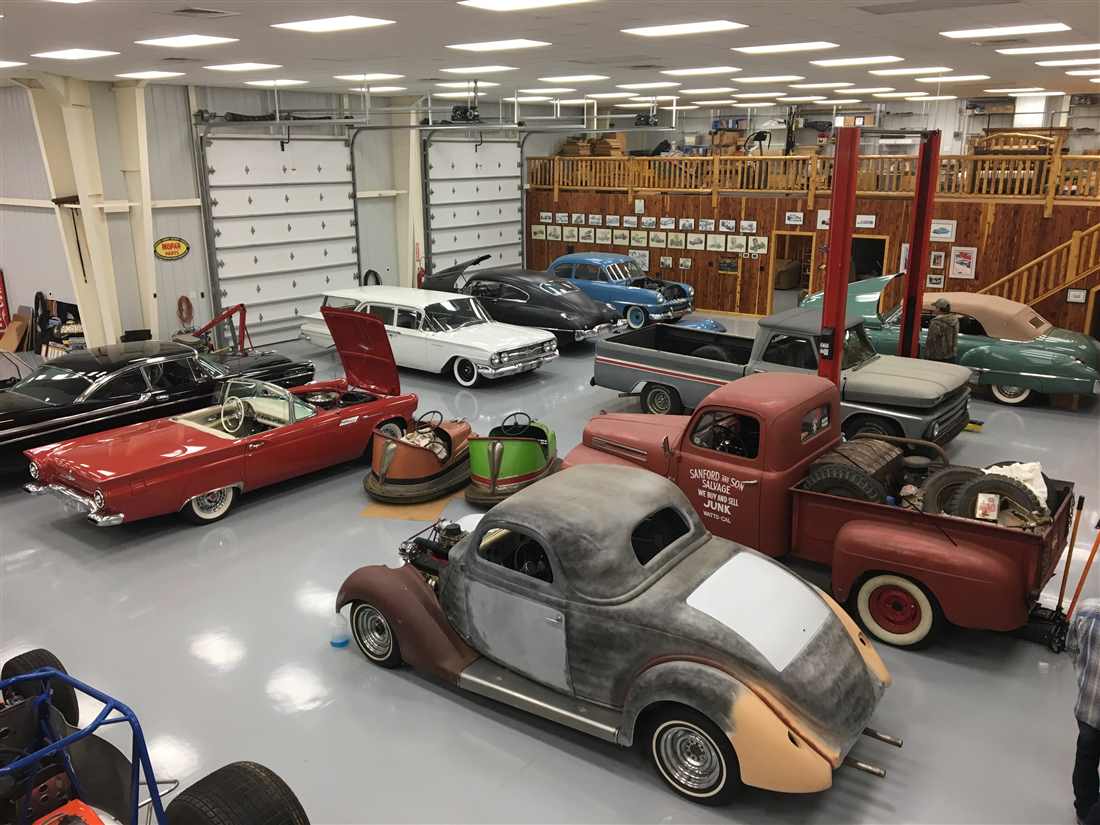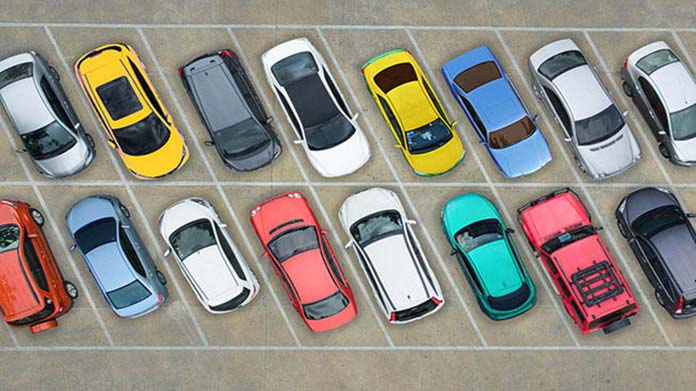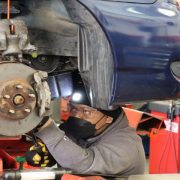What invention is one of the most important in carrying out day-to-day activities? Automobiles!
Only a few inventions have made big waves compared to the car. The invention of automobiles shaped modern society and changed how people live, shaping businesses, the economy, culture, and the environment.
This article shows how much automobiles have changed the world and, of course, the concerns that came with them.
Evolution of Automobile Production and Accessibility
According to history, the German engineer, Karl Benz, invented the automobile around 1885 and several other engineers followed with their own designs. Soon after, Henry Ford revolutionized the way they were made.
He introduced the assembly line, which allowed cars to be manufactured in a more sequential manner. In this assembly, every section of the line works on different parts of the car, making the process faster and more efficient.
This turned cars, which were formerly luxury items, into something more affordable for the typical citizen. Between the 1900s and 1920s, the number of vehicles in the United States grew from 8,000 to 8,000,000.
The increased reach of cars drastically improved mobility and the economy. Today, over 4.25 million people work in the automotive industry, making it one of the largest industries in the world. The auto industry also brought other industries, like the oil and gas industry, into the limelight.
How did the automobile impact society?
With the invention of cars, several individuals were granted unprecedented freedom of mobility. They were able to move about to several places faster than they normally would. Leisure travel became something common folk could afford.
Up until the early 1900s, everyone lived within the area where they were born. Moving away meant enduring hours of buggy travel on rough roads on foot or other slow means of transport. With the invention of cars, anyone could go anywhere.
People started moving away thousands of miles of roadway across the U.S. They had more freedom and free time to do other productive activities influencing lifestyles and even social interaction.
Environmental and Public Health Concerns
Well, regardless of the numerous benefits of automobiles, there are some environmental and health concerns. The problem really isn’t with the vehicles themselves but with the fuel they need to run and the waste created in the process.
According to the US Environmental Protection Agency (EPA), 28% of greenhouse gas emissions come from the transportation sector. Car emissions contribute to air pollution, which can have detrimental effects on human health and the climate.
This concern has led to the production of hybrid and electric vehicles (EVs). Car engines, fuel systems, and even the design of vehicles are constantly being upgraded to reduce emissions associated with them.
Additionally, over 1.3 million people are killed in car accidents every year, with other 20 to 50 million injured. This all has led to the mandatory drivers education and traffic schools all over the world. So, the invention of cars is not all rainbows and sunshine.
Political and Regulatory Framework
As the impact of automobiles became more apparent, governments were compelled to develop traffic laws and infrastructure to manage the challenges posed by increased car usage. The construction of highways, roads, and parking facilities has been a significant undertaking for many countries.
Getting a driver’s license is not as easy as it sounds. You must go through a learner’s permit period and take driver’s ed courses, and other stipulations that match government directives. For used car buyers, it also became very important to check a vehicle’s history report showing past records and damages before purchase.
The most interesting part of checking a car’s history is it is accessible not just to the U.S but on a global scale. For example, there are US VIN check tools, UAE VIN check tools, South Africa VIN check tools, and more.
Looking to the future, we can expect advancements in electric vehicles and autonomous driving technologies. These innovations have the potential to reduce emissions and generally improve road safety.
Conclusion
The invention of the automobile has undoubtedly left an indelible mark on society, shaping our mobility, economy, culture, and environment in profound ways. But with these benefits, there are challenges that come with increased car usage.
As we move forward, we need to develop sustainable transportation solutions that put environmental protection and public health first. This way can create a more efficient, eco-friendly, and safer transportation system for generations to come.













Comments